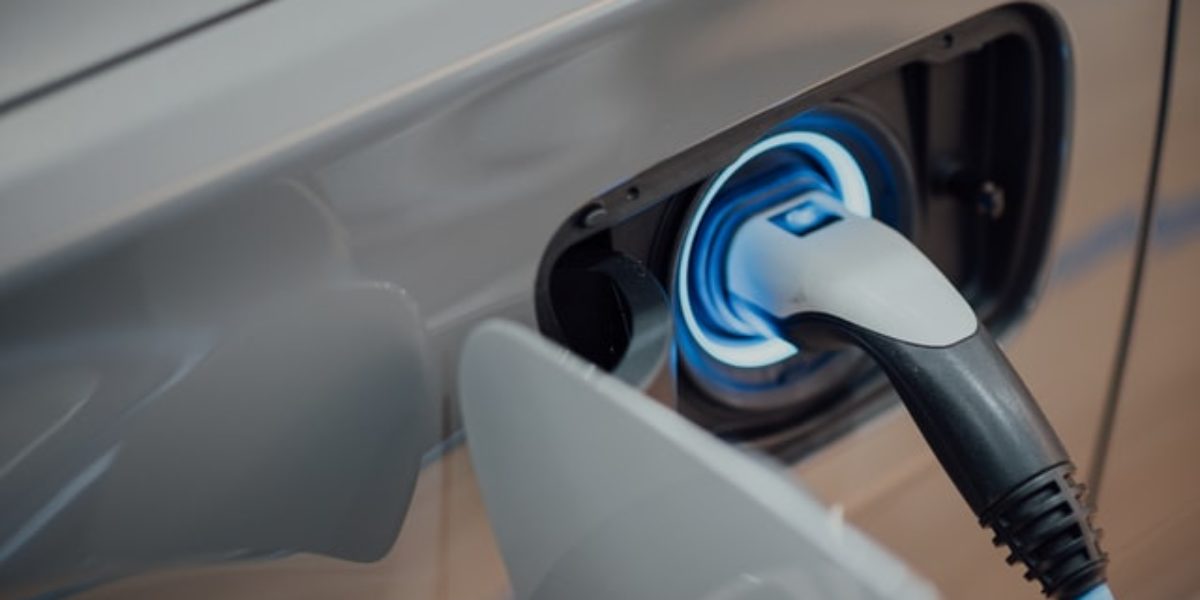Unfair public EV charging
Government accused of failing EV owners
The government is being accused of privileging wealthy EV owners.
The Department for Transport (DfT) has spent over 15 times more on off-road chargers than on public on-street residential chargers.
Upping the anti
The analysis was conducted by the FairCharge campaign. It shows that grants valuing £104.5 million had been spent on the Electric Vehicle Homecharge Scheme (EVHS). The scheme was set up in September 2014.
In comparison, the DfT spent just £6.8 million of grant funding on the On-street Residential Charging Scheme (ORCS). This was set up in 2017. The total spend on the EVHS is fifteen (15.37) times more than the ORCS.
The grant funding for the EVHS led to the installation of 236,697 domestic charging devices. In contrast, the grant funding led to only 2,038 public charging devices.
The Government have recently announced the EVHS will no longer accept applications from homeowners living in single-unit properties.
Wealthy preserve
FairCharge is a grass-roots campaign with over 80,000 supporters headed by Quentin Willson. It calls the figures ‘concerning’ and claims Government policy decisions are allowing a sense that EV ownership is the preserve of the wealthy.
They are also highlighting other barriers facing those without access to off-street residential parking. These include a 20% VAT rate on public charging compared to 5% for those with off-street home charging. The Resolution Foundation estimates that those with off-street parking pay £139 a year in fuel costs versus £712 for those without.
Can it be right
Quentin Willson is leading the FairCharge campaign. He acknowledges that off- street grants have “led so many to make the switch to EVs”. However, “it can’t be right that there is such a big a gap between public money spent supporting off-street and on-street charging. Figures like this add to the feeling that some have that EVs are the preserve of the wealthy”.
Willson continues: “If the transition to net zero is to be successful then it must be fair. When it comes to EVs, it just isn’t fair that those who have access to driveways or garages have so much more Government help to support their charging needs than those – on-average much poorer – people who do not. Our FairCharge campaign is aimed at preventing exactly this sort of injustice.”





